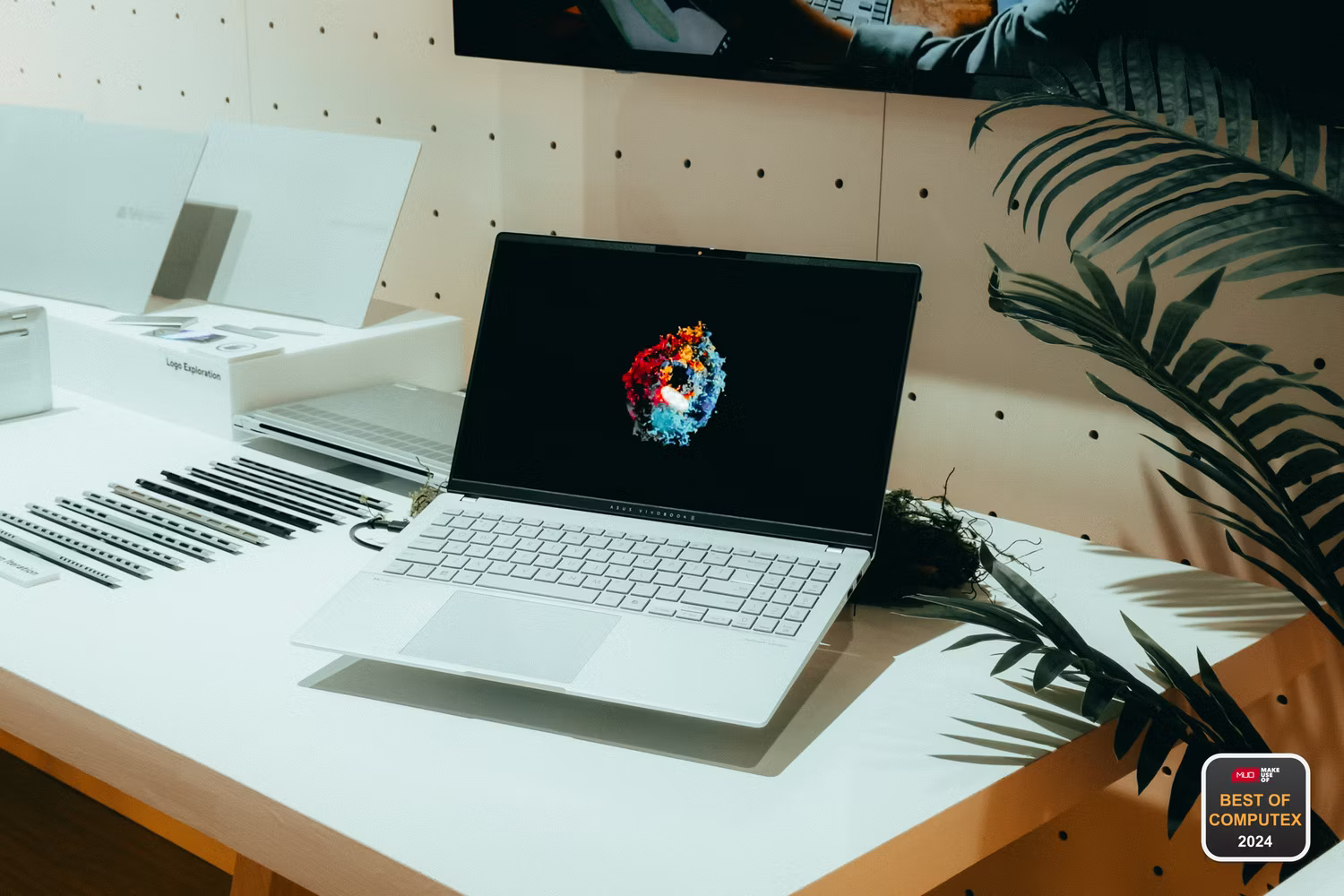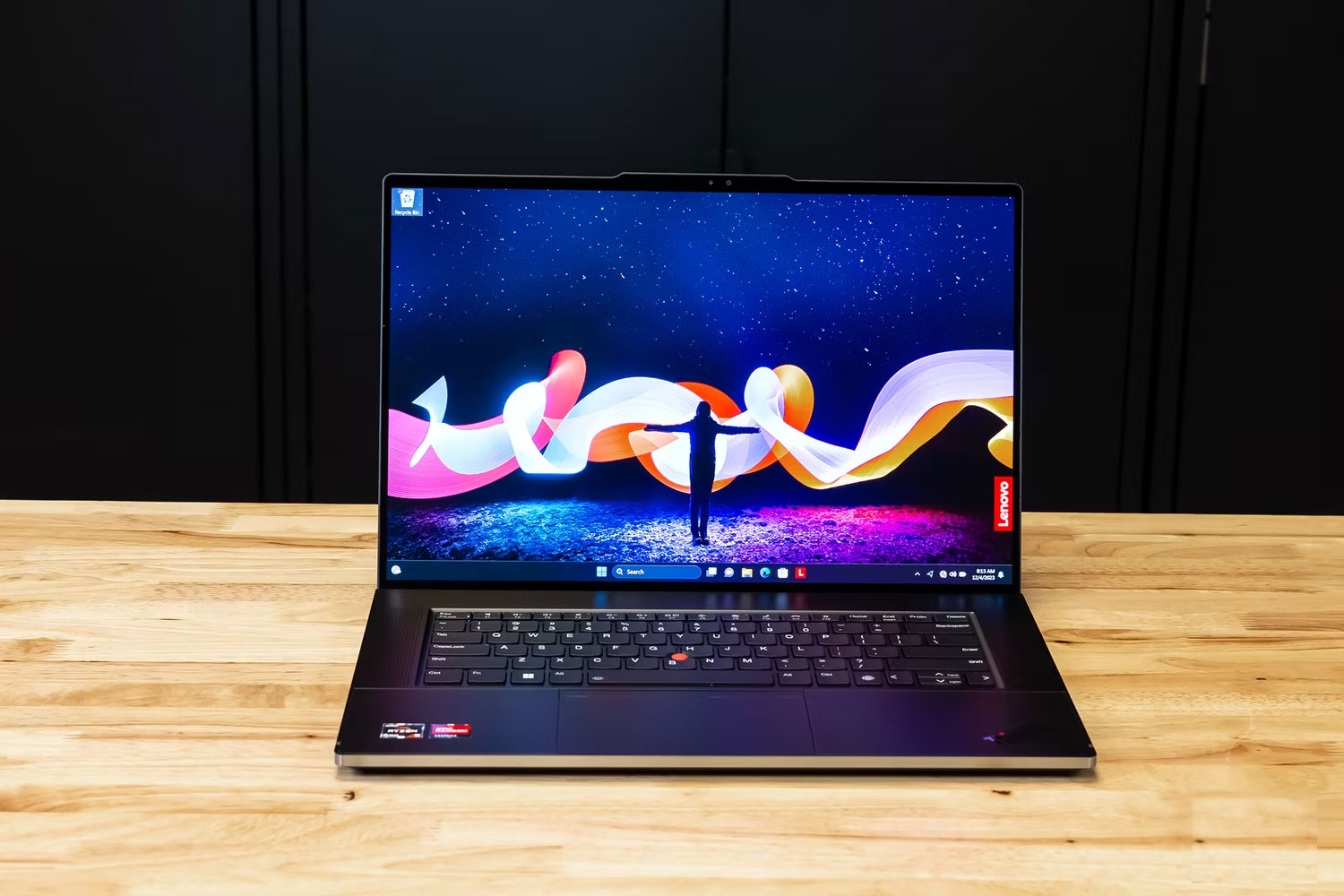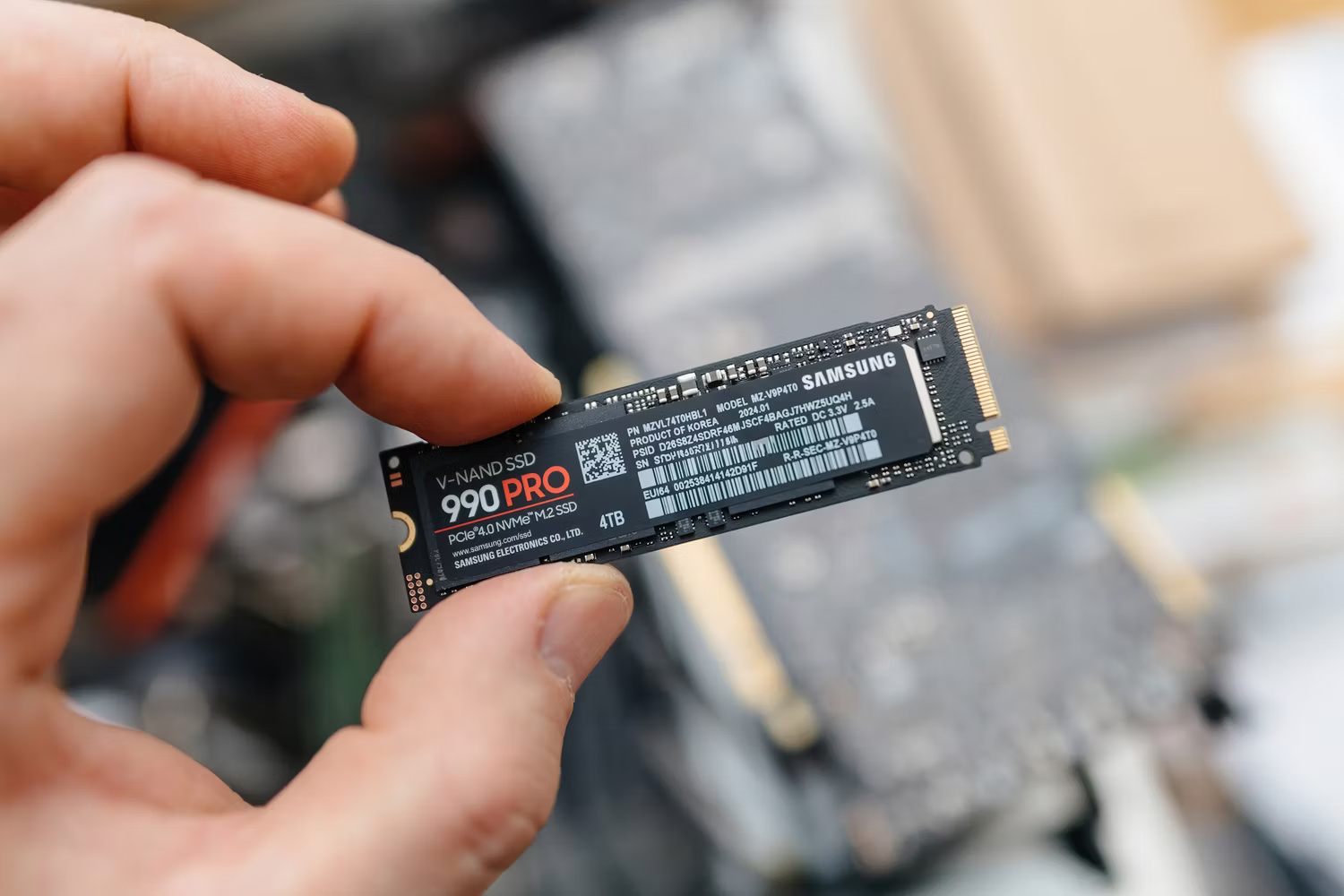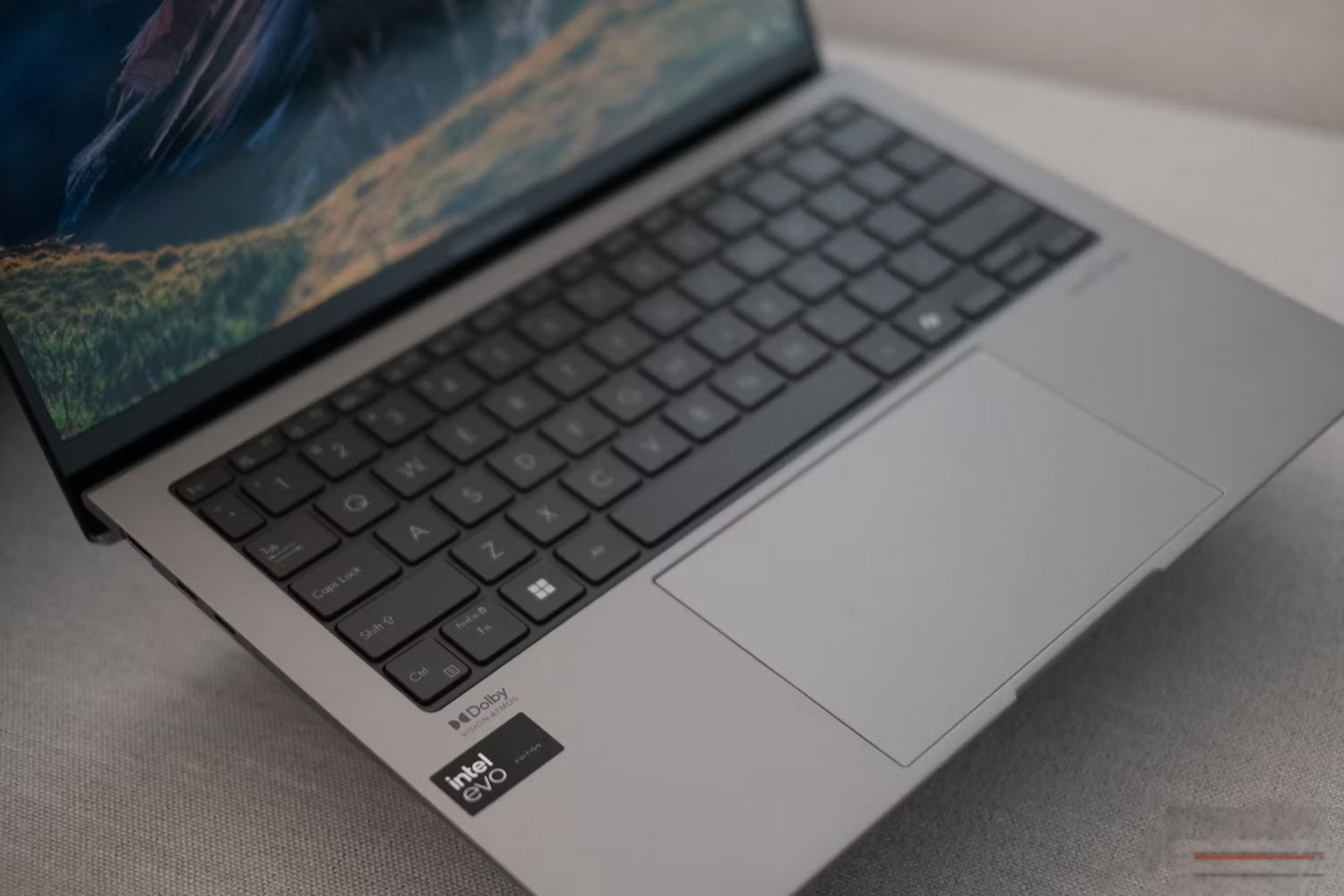Don't buy a Windows laptop without these 5 features!
1. Power-efficient Intel, AMD or Snapdragon chips

A general recommendation when buying a Windows laptop is to buy the latest generation Intel or AMD processor. With the launch of the Copilot+ laptop powered by Qualcomm's Snapdragon X series chips, you now have the choice between x86 and ARM platforms.
If your workflow allows for an ARM-based laptop, a Snapdragon X Elite or X Plus device will provide a great balance of power and performance, with nearly equal performance on battery and plugged in. However, note that app compatibility may be a limitation for ARM-based devices.
If you don't like ARM-based devices, you can choose between Intel Core Ultra and AMD's Ryzen AI 300 series x86 processors. AMD's chips offer significantly better performance. Plus, because of the common x86/x64 architecture, you can get these laptops with dedicated Nvidia RTX GPUs to enhance AI, graphics, and gaming tasks.
If you're still unsure, check out this comparison of the Snapdragon X Elite, Apple M3, and Intel Core Ultra chips to see how they stack up.
2. Bright screen, high resolution and refresh rate

Many people use their laptops for work and entertainment when they don't want to stare at their 4K OLED TV in the living room. The sharp, high-resolution OLED display looks better. If a 4K display is overkill for your needs because it drains your laptop's battery, a QHD (2560 x 1600) OLED display with a 16:10 aspect ratio is ideal for everyday use and media consumption.
Most standard laptop screens have a refresh rate of 60Hz, which is smooth enough for everyday use. However, a 120Hz screen will make motion much smoother, improving the overall experience. A screen with 500+ nits of brightness will work well in a variety of lighting conditions.
3. At least 512GB SSD and 16GB RAM

Windows laptops come in a variety of storage configurations, with 8GB of DDR4 being the most common in mid-range to low-end laptops. However, for most casual and professional users, 16GB of DDR5 RAM is ideal for general productivity tasks, casual gaming, and some professional applications.
Many people prefer laptops with 16GB of single-channel memory instead of the usual 8×2 dual-channel configuration. This is essential for two reasons: First, it ensures that the computer can support at least 32GB of combined RAM; second, future upgrades only require adding another 16GB stick.
Another important but often overlooked aspect is the SSD. It's 2024, so stop using HDDs in your laptop. While most laptops come with 128GB or 256GB of primary storage as standard, that will quickly run out even if you're a regular user. Ideally, you'll want at least a 500GB M.2 NVMe Gen4 SSD to have enough space after installing Windows and all the necessary applications.
You should also consider the upgradeability of your laptop. High-end laptops from Asus and MSI can support up to 64GB of RAM and dual 2TB PCIe M.2 NVMe slots, giving you the flexibility to upgrade in the future or reuse memory and storage components from an old machine.
4. Tactile touchpad for gestures

A tactile touchpad is one of the few things on a laptop that you don't appreciate until you try it. While a regular mechanical touchpad with Windows precision drivers can get the job done, a tactile touchpad offers a superior experience.
Many high-end laptops like Microsoft's Surface Laptop and Lenovo's ThinkPad line have excellent tactile touchpads for precise input, better gesture support, and physical motion simulation.
5. Battery life lasts all day
Windows laptops aren't exactly known for their battery life, but things are changing. The new ARM-based Qualcomm Snapdragon X Elite and X Plus chips have been getting rave reviews for their exceptional efficiency with minimal battery drain. AMD and Intel are also claiming great battery life with their new Core Ultra and Ryzen AI 300 series processors.
However, battery life largely depends on the hardware configuration and how you use your laptop. For example, a relatively less powerful Snapdragon X Plus device with a 10-core setup will be more efficient than the X Elite chip. Likewise, screen brightness, resolution, and size also contribute to a laptop's battery life.